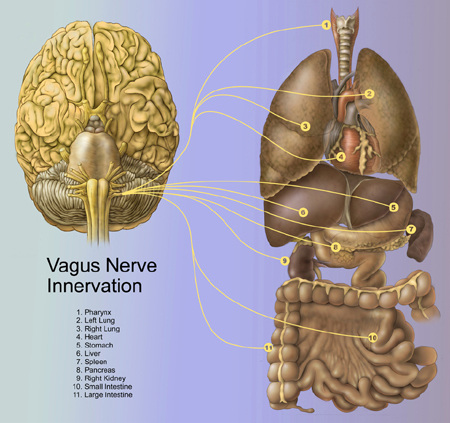

You'll need to stop taking any medications that could slow gastric emptying. A scanner that detects the movement of the radioactive material is placed over your abdomen to monitor the rate at which food leaves your stomach. It involves eating a light meal, such as eggs and toast, that contains a small amount of radioactive material. This is the most important test used in making a diagnosis of gastroparesis. To see how fast your stomach empties its contents, one or more of these tests may be recommended: Tests may include: Gastric emptying tests Symptoms can make it difficult to work and keep up with other responsibilities.ĭoctors use several tests to help diagnose gastroparesis and rule out conditions that may cause similar symptoms. In turn, poor control of blood sugar levels makes gastroparesis worse. These variations in blood sugar make diabetes worse. Although gastroparesis doesn't cause diabetes, frequent changes in the rate and amount of food passing into the small bowel can cause erratic changes in blood sugar levels. Bezoars can cause nausea and vomiting and may be life-threatening if they prevent food from passing into your small intestine. Undigested food in your stomach can harden into a solid mass called a bezoar.

Scleroderma - a connective tissue disease.Certain medications that slow the rate of stomach emptying, such as narcotic pain medications.Risk factorsįactors that can increase your risk of gastroparesis: The vagus nerve and its branches can be damaged by diseases, such as diabetes, or by surgery to the stomach or small intestine. This may cause food to remain in your stomach longer, rather than move into your small intestine to be digested. A damaged vagus nerve can't send signals normally to your stomach muscles. The vagus nerve helps manage the complex processes in your digestive tract, including signaling the muscles in your stomach to contract and push food into the small intestine. It's not always clear what leads to gastroparesis, but in some cases it can be caused by damage to a nerve that controls the stomach muscles (vagus nerve). Make an appointment with your doctor if you have any signs or symptoms that worry you. Many people with gastroparesis don't have any noticeable signs and symptoms. Vomiting undigested food eaten a few hours earlier.A feeling of fullness after eating just a few bites.Signs and symptoms of gastroparesis include: Once your stomach pulverizes the food, strong muscular contractions (peristaltic waves) push the food toward the pyloric valve, which leads to the upper portion of your small intestine (duodenum). Your stomach is a muscular sac about the size of a small melon that expands when you eat or drink to hold as much as a gallon (about 4 liters) of food or liquid. Although there's no cure for gastroparesis, changes to your diet, along with medication, can offer some relief. It can also cause problems with blood sugar levels and nutrition. Gastroparesis can interfere with normal digestion, cause nausea, vomiting and abdominal pain. For people who already have gastroparesis, these medications may make their condition worse. Certain medications, such as opioid pain relievers, some antidepressants, and high blood pressure and allergy medications, can lead to slow gastric emptying and cause similar symptoms. Sometimes it's a complication of diabetes, and some people develop gastroparesis after surgery. The cause of gastroparesis is usually unknown. But if you have gastroparesis, your stomach's motility is slowed down or doesn't work at all, preventing your stomach from emptying properly. Ordinarily, strong muscular contractions propel food through your digestive tract. Gastroparesis is a condition that affects the normal spontaneous movement of the muscles (motility) in your stomach.


 0 kommentar(er)
0 kommentar(er)
